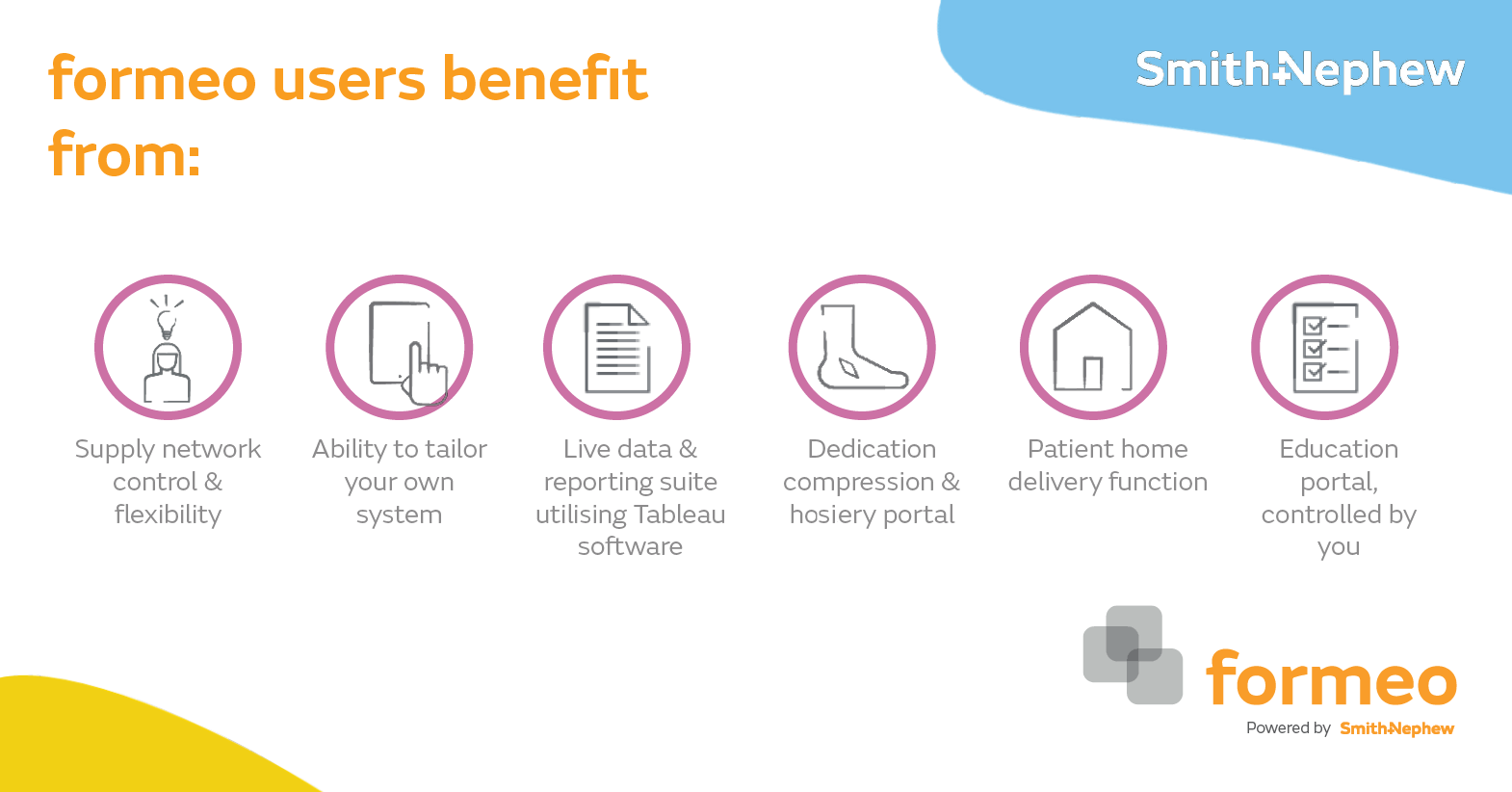All wounds healing by secondary intention, in particular the ‘chronic’ wounds, contain micro-organisms (MOs). The Wound Infection Continuum (WIC) (Kingsley et al, 2004) identifies various stages of wound colonisation extending from ‘colonisation’ through ‘critical colonisation (CC)’ to ‘spreading infection’. These wounds will heal in the colonised state. However, CC has been equated with delayed healing, and, as such, has been termed local infection by some. This has given rise to a vigorous debate on the terms used in the WIC and their clinical relevance.
Recently, wound microbiology studies have shed new light on the influence of colonisation and infection on healing. The publication of criteria for wound infection (Cutting and Harding, 1994) has similarly helped diagnosis. However, these included ‘delayed healing’ as an infection criterion, provoking debate on the pathophysiology of this situation, and on the clinical relevance of the microbiological state of CC. It is important that all involved in wound management appreciate the need to recognise infection and delayed healing, in order that appropriate treatment may be implemented. While CC has yet to be scientifically proven, or clearly defined beyond reasonable doubt, this state is becoming accepted as a clinically distinct situation (Jorgensen et al, 2005). Here, Keith Cutting and Andrew Kingsley give their opinions on CC.






